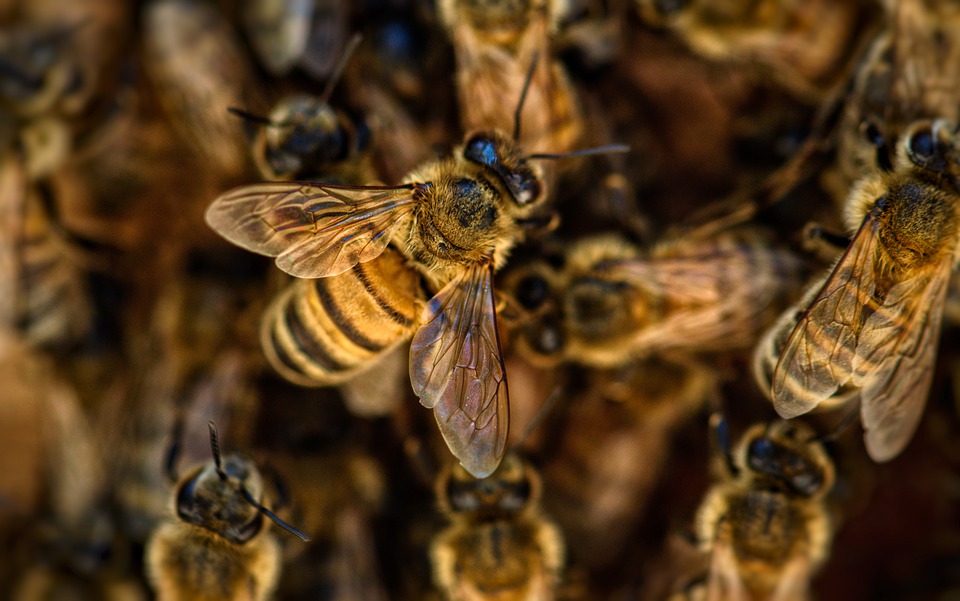



Article by: Hari Yellina
After the NSW floods killed thousands of bees, one beekeeper warned of biosecurity threats as well as food and agricultural consequences. In the worst of weather, Southern Highlands beekeeper Hamish Ta-mé couldn’t access to his hives. He has been busy monitoring the matter since six hives were “literally washed away and smashed over.” Mr Ta-mé of Bowral Beekeeping has spent days inspecting his wet or flooded hives. In the worst-case scenarios, he’s had to “euthanize” the bees. Darryn McKay, a friend and fellow beekeeper, was able to gain access to the apiary and save the hives, but not all of them survived.
After the NSW floods killed thousands of bees, one beekeeper warned of biosecurity threats as well as food and agricultural consequences. In the worst of weather, Southern Highlands beekeeper Hamish Ta-mé couldn’t access to his hives. He has been busy monitoring the matter since six hives were “literally washed away and smashed over.” Mr Ta-mé of Bowral Beekeeping has spent days inspecting his wet or flooded hives. In the worst-case scenarios, he’s had to “euthanize” the bees. Darryn McKay, a friend and fellow beekeeper, was able to gain access to the apiary and save the hives, but not all of them survived.
“I’m frantically feeding bees and talking to beekeepers and giving them emergency food for a few weeks,” he said. “It’s not just the flooding; it’s also the cold and rain that has persisted. The nectar from the blooms has washed away, leaving the bees with no sustenance.” He claimed that one of his clients had “starved to death bees surrounded by flowers.” In the last three weeks, Mr Ta-mé estimates that 15 to 20% of the district’s bees have died. There would be fewer pollinators if there were fewer bees, which would have an impact on the food and agriculture industries.
Water damage, he noted, might pose a biosecurity issue by encouraging bugs and illnesses. “Time is critical; individuals must reply within days,” he explained. The beekeeper advised people having hives at home to keep an eye on them, place a feeder tray on top, and keep sugar syrup on hand. If a hive feels “physically light,” he says, there’s probably no honey within and sugar syrup will be required. Hamish can be reached at 0428 294 569 or [email protected] if you have bees at home.